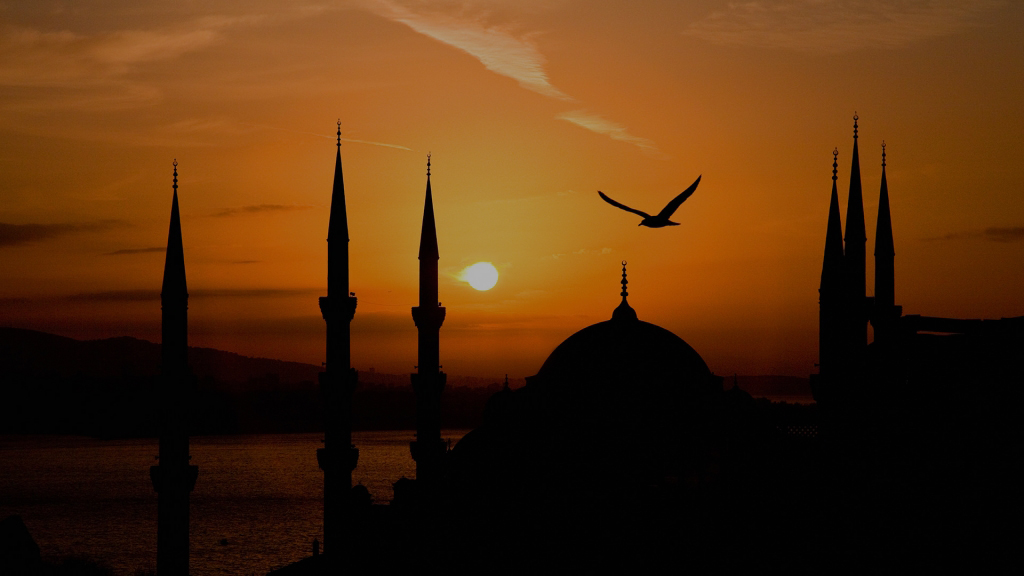Azmain Sharier Ornob, United Kingdom
In Bangladesh, a nation of over 165 million people as of 2022, the struggle for atheists to live openly remains a perilous journey. Despite the country’s constitutional commitment to secularism in its early years, the reality for non-believers in 2025 paints a starkly different picture—one of fear, persecution, and systemic challenges.
A History of Hostility
Atheism has long been a taboo in Bangladesh, where over 90% of the population identifies as Muslim. The tension between secularists and religious hardliners escalated significantly after the 2013 Shahbag protests, which initially demanded justice for war crimes from the 1971 Liberation War but soon became a battleground over secularism. Atheist bloggers, often mislabeled as anti-Islamic, faced brutal attacks. Between 2013 and 2016, a wave of violence claimed the lives of several prominent atheist bloggers, including Avijit Roy, Washiqur Rahman Babu, Ananta Bijoy Das, and Niloy Neel. These murders, often carried out with machetes in broad daylight, were claimed by extremist groups like Ansarullah Bangla Team, revealing a chilling impunity.
The Current Climate in 2025
Fast forward to 2025, and the situation remains grim. A Gallup survey from 2014-2015 estimated that less than 1% of Bangladeshis identified as convinced atheists, a statistic that likely hasn’t shifted much given the ongoing risks. The interim government, established after the ousting of Sheikh Hasina in August 2024, promised reforms under Nobel Laureate Mohammed Yunus. However, Human Rights Watch reports a troubling pattern of security force abuses and political reprisals, now targeting perceived Awami League supporters, which indirectly fosters an environment where religious extremists can operate with less scrutiny.
The Constitutional Reform Commission’s January 2025 recommendations to replace “secularism” with “pluralism” have sparked debate. While the commission argues that pluralism better encompasses Bangladesh’s diverse cultural, linguistic, and religious fabric, critics fear this shift dilutes protections for atheists and religious minorities. Islam remains the state religion, a symbolic gesture that, in practice, often emboldens hardliners. Ali Riaz, head of the commission, dismissed secularism as a “Western concept,” but this rhetoric risks alienating non-believers who already face societal and legal ostracism.
Legal and Social Barriers
Bangladeshi laws exacerbate the challenges for atheists. The Digital Security Act (DSA) of 2018, criticized by the United Nations for not aligning with international human rights standards, has been used to prosecute individuals for “hurting religious sentiments.” Atheists who express their views online face arrests, with penalties including up to 10 years in prison for repeated offenses. The government’s tendency to attribute blame to victims—rather than protecting them—further emboldens extremists. For instance, high-profile atheist bloggers have been arrested to appease Islamist groups, a trend that continues to stifle free expression.
Societally, atheists are often demonized. The 2013 Shahbag movement inadvertently cemented a binary narrative of “Muslims vs. atheists,” with bloggers being scapegoated as anti-Islamic. This dichotomy, fueled by groups like Hefazat-e-Islam, has led to widespread hostility. Atheists like Asad Noor, who fled to India in 2023 after receiving death threats, describe living in constant fear. Noor’s story is not unique—many atheists have been forced into exile, with some, like Ananya Azad, leaving after their families were targeted.
Violence and Its Lasting Impact
Violence against atheists persists as a grim reality. Historical cases, such as the 2016 murder of law student Nazimuddin Samad, highlight the dangers of openly criticizing religion. More recently, a 2025 incident involving a young Hindu man, beaten to death by an Islamist mob over an allegedly blasphemous social media post, underscores that the threat of mob violence remains. Posts on X reflect ongoing tensions, with some users noting that libraries have been looted by Islamist groups to remove books by “atheists,” signaling a continued clampdown on freethinking voices.
Sexual violence has also been weaponized against atheist women. In 2016, a 22-year-old feminist blogger, Nirala, was gang-raped and subsequently fled the country. Her case illustrates how rape is used to silence dissent, particularly among women who challenge religious norms. The lack of police action in such cases—often advising victims to leave rather than pursuing justice—reveals a systemic failure to protect atheists.
The Role of Education and Media
Religious education is mandatory in Bangladeshi public schools from Grade 3, and many children from Muslim households learn to read the Qur’an by age 8 or 9. This early indoctrination, coupled with a lack of reason-based education, as noted by atheist blogger Arifur Rahman, stifles critical thinking. The media often amplifies negative stereotypes, with outlets like Amar Desh historically portraying bloggers as anti-Islamic, further entrenching public hostility.
A Glimmer of Hope?
Despite the bleak landscape, there are signs of resilience. A Reddit thread from 2021 suggests a growing number of atheist and agnostic youth, though most remain closeted due to fear of backlash. International pressure has led to some action—arrests of extremists followed the 2015 blogger murders, and the U.S. offered a $5 million reward in 2021 for information on Avijit Roy’s killers. However, these measures are often reactive rather than preventive, and the interim government’s reversal of the ban on Jamaat-e-Islami, a controversial Islamist party, raises concerns about future protections for atheists.
Looking Forward
The plight of atheists in Bangladesh in 2025 is a complex interplay of historical grievances, legal suppression, and societal intolerance. While the interim government’s reforms aim for inclusivity through pluralism, the retention of Islam as the state religion and the lack of robust protections for free speech leave atheists vulnerable. For Bangladesh to truly embrace its diverse identities, it must confront the systemic biases that allow extremism to flourish and ensure that atheists, like all citizens, can live without fear of persecution.
The stories of exiled bloggers like Asad Noor and Nirala serve as a sobering reminder: until Bangladesh fosters an environment where freethought is not a death sentence, its claim to pluralism will remain hollow.


